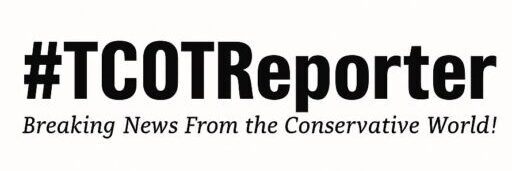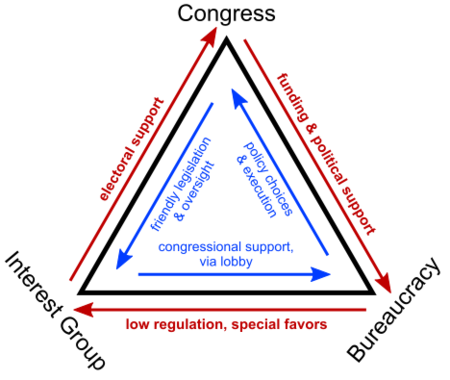Vince Everett Ellison calls it The Iron Triangle—a self-perpetuating alliance of bureaucrats, political operatives, and institutional power brokers who keep America’s poor, dependent, and divided. You don’t have to buy all of Ellison’s theology to see his logic: when welfare rolls expand, borders blur, and government payrolls swell, the system isn’t failing—it’s feeding.
Over the past half-century, public-welfare spending has exploded by more than 450 percent. In 2021 alone, states and localities spent over $860 billion on welfare programs—a figure that dwarfs the budgets of defense, transportation, or higher education. SNAP, the modern shorthand for food stamps, now serves over 41 million people each month. In total, almost a third of Americans receive some form of government assistance. The more people dependent on government, the more power accrues to the administrators who manage them—and the contractors who profit from the management.
Meanwhile, the borders—literal and figurative—have dissolved. As asylum and enforcement mechanisms grew increasingly politicized, the bureaucracy evolved not to control migration but to monetize it. Nonprofits, corporate service providers, and federal agencies now form a kind of industrial complex around “humanitarian logistics.” Each new migrant added to the system creates another contract, another caseworker, another data point that justifies a bigger budget. Call it the compassion economy: measured in headcounts and handled by intermediaries.
The real genius of the Iron Triangle, as Ellison describes it, is that its pieces reinforce one another. Welfare dependence generates political loyalty. Lax immigration adds population inflow to justify program expansion. Bureaucratic inertia converts moral outrage into stable employment. The poor stay poor; the agencies stay funded; the politicians stay re-elected. Everyone wins—except the taxpayers underwriting the cycle.
The ideology cloaking this arrangement is as simple as it is cynical. Each new policy is sold as mercy, reform, or inclusion. But mercy without exit becomes dependency. Reform without accountability becomes expansion. Inclusion without borders becomes dissolution. It’s a system that rewards crisis and punishes competence.
None of this means social welfare or immigration are inherently bad. It means that without limits, transparency, and accountability, both become tools for extraction. Every bureaucracy eventually learns the same lesson as every monopoly: when growth is the only measure of success, dysfunction is the business model.
Ellison’s Iron Triangle is less a conspiracy than an observation—the machinery of good intentions captured by people who understand incentives better than ideals. To break it, America would have to do the unthinkable: redesign its welfare state to shrink when it succeeds, fortify borders that are meant to serve—not erase—citizenship, and build bureaucracies that measure success by obsolescence, not survival. Until then, the triangle holds.
Citations
- Urban Institute – “Public Welfare Expenditures” (2024)
- USDA ERS – “SNAP Participation and Costs” (2024)
- USAFacts – “How Many People Receive Government Assistance?” (2023)
- UC San Diego – “The Economic Logic of Illegal Immigration” (Gordon H. Hanson) (2023 edition)
- American Immigration Council – “Mass Deportation, Democracy, and Immigration Policy” (2024)
- Taylor & Francis – “Immigration Bureaucracies and State Categories” (Menjívar, 2025) (2025)
- Amazon – The Iron Triangle: Inside the Liberal Democrat Plan to Use Race to Divide Christians and America in Their Quest for Power and How We Can Defeat Them by Vince Everett Ellison (2019)


Pingback: THE SOMALI FRAUD STATE - #TCOT Reporter
Pingback: ilhan Omar: Pirate Queen - #TCOT Reporter
Pingback: The Migration of Narratives - #TCOT Reporter